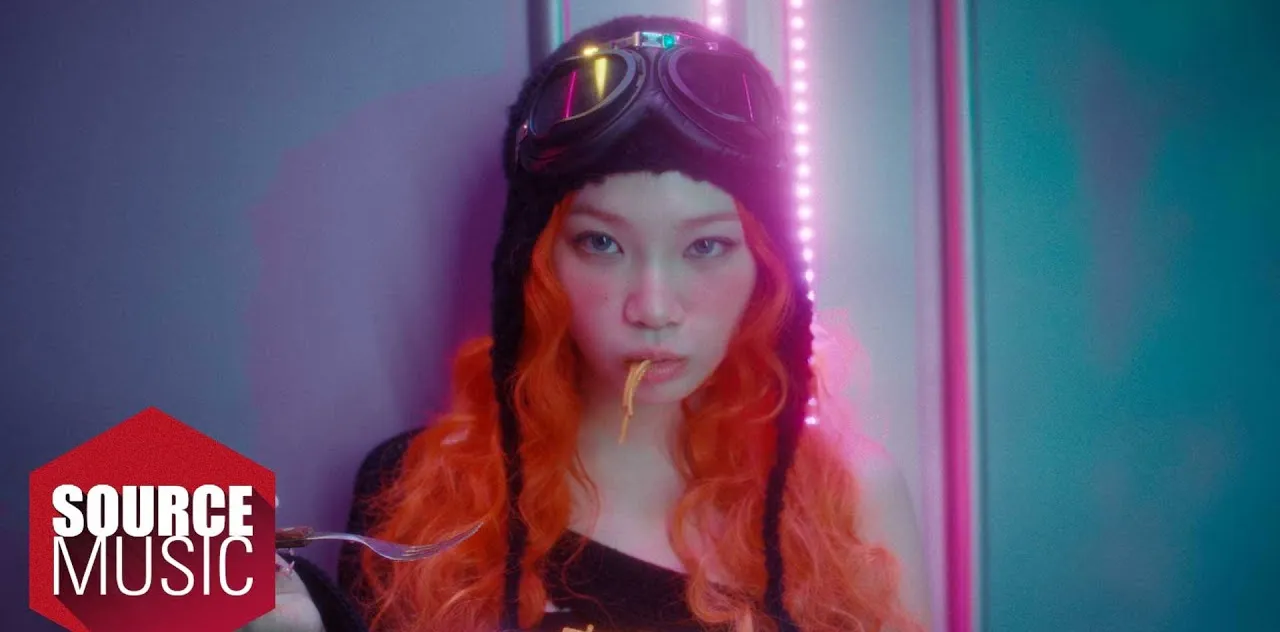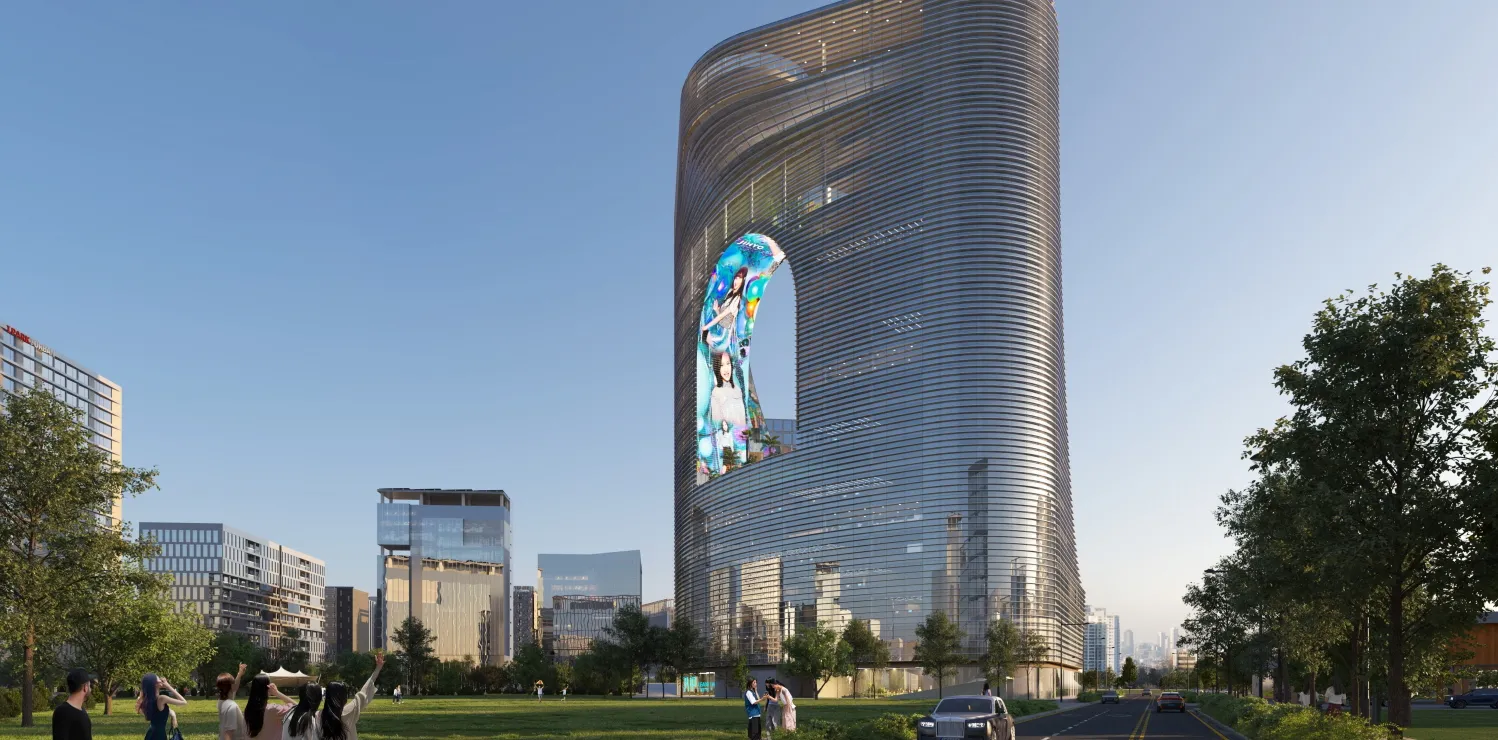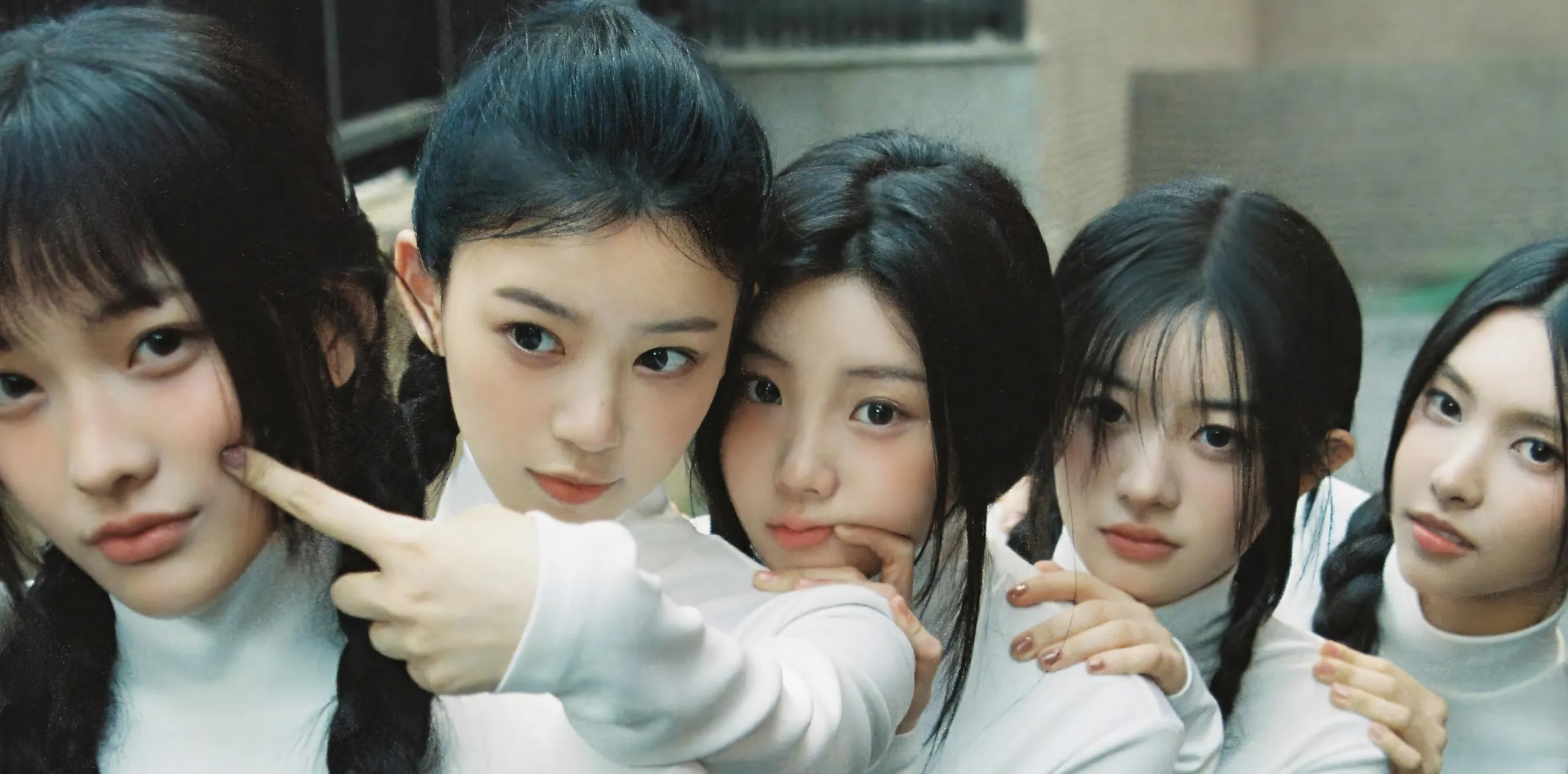BTS V and Jungkook's Defamation Lawsuit Against YouTuber Moves to Appeals Court
Second Trial Set for November in Ongoing Legal Battle
The defamation lawsuit filed by BTS members V and Jungkook, along with their agency BigHit Music, against the operator of YouTube channel "Taldeok Sooyongso" is set to resume with an appeals trial in November.
First Instance Verdict Details
In February, the Seoul Western District Court's Civil Division 12 ruled in favor of the plaintiffs, ordering the defendant, identified as Mr. A, to pay a total of 76 million won in damages. The breakdown includes 51 million won to BigHit Music, 10 million won to V (born Kim Taehyung), and 15 million won to Jungkook (born Jeon Jungkook). The court also mandated that Mr. A cover delayed interest payments and all litigation costs incurred during the proceedings.
Following the initial ruling, Mr. A filed an appeal expressing disagreement with the first instance decision.
Mediation Attempts Unsuccessful
The second trial court issued a mediation order on June 16, with a mediation hearing held on July 21. However, the mediation efforts concluded without reaching an agreement between the parties. The appeals trial is now scheduled to commence on November 14.
Background of the Case
"Taldeok Sooyongso" was a YouTube channel that produced content featuring malicious rumors about K-pop idols. From 2021 until recently, the channel uploaded numerous videos defaming celebrities and influencers, leading to multiple allegations of reputation damage. The channel has since been deleted.
In March 2024, BigHit Music, V, and Jungkook filed a 90 million won damage claim lawsuit against Mr. A. The agency stated they had secured the channel operator's personal information, provided it to investigative authorities, and actively requested the resumption of the investigation, which was subsequently reopened.
Legal Arguments Presented
During the trial proceedings, BigHit Music's legal representatives emphasized that court rulings and prosecution announcements confirmed the channel operated as a so-called "cyber wrecker," engaging in activities constituting insult and defamation. They argued the videos included false statements and were created to generate profits through defaming the plaintiffs, violating portrait rights, personality rights, and interfering with BigHit Music's business operations.
The defense countered that even if liability were acknowledged, the claimed damages were excessively high. They specifically challenged the connection between HYBE's stock price decline and the defendant's videos, arguing the causal relationship was difficult to establish. The defense also disputed copyright infringement claims, maintaining that even if recognized, the demanded compensation remained disproportionate.






